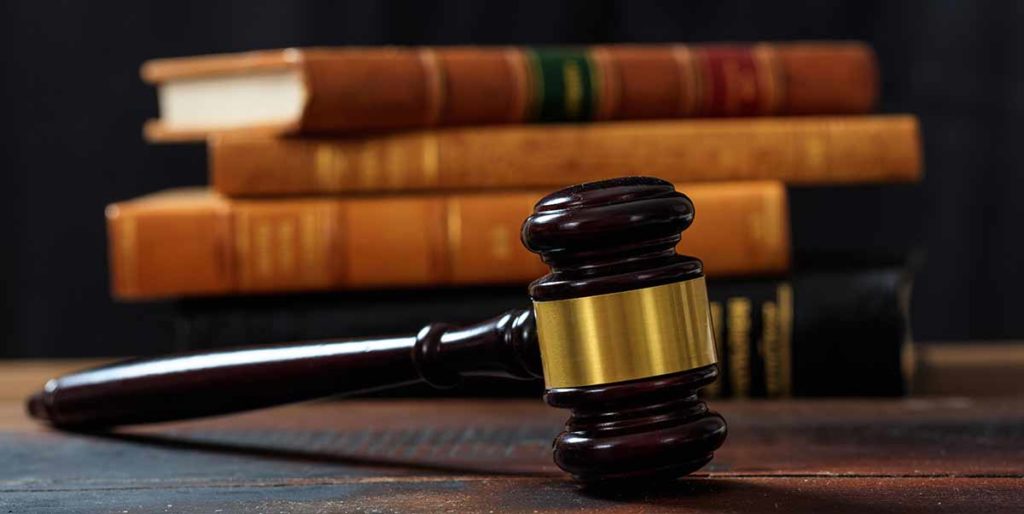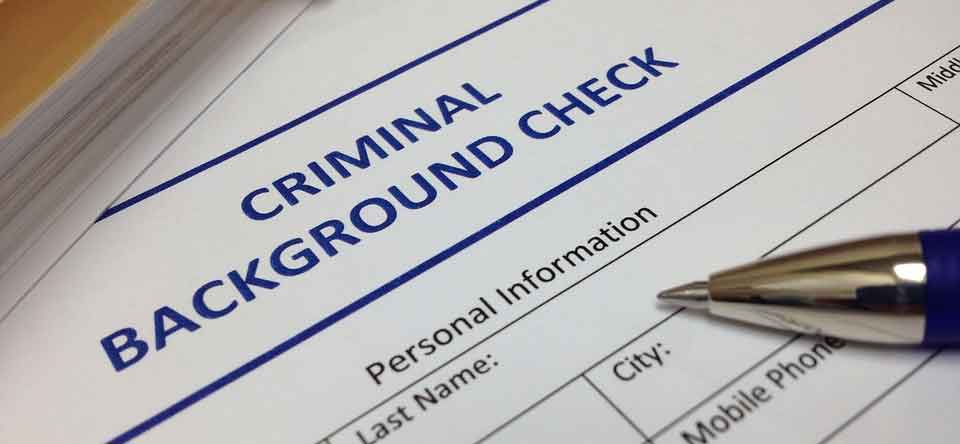You need a top attorney in your corner if you have a prior record.
Proof of Other Crimes Can Be Used Against a Person in a Criminal Prosecution if They Are Relevant and More Probative than Prejudicial

Prior Bad Acts Might be Admissible Under the Michigan Rules of Evidence
In People v Lisa Lynne Bergman, the defendant was convicted of two counts of second-degree murder, drunk driving, and operating a motor vehicle with a suspended license causing death. The trial court allowed prior actions taken by the defendant when she (1) drove unsafely, (2) was passed out in her car, (3) involved in an accident while impaired or under the influence of prescription substances, or (4) in possession of pills like Vicodin and Soma. The defense argued that these prior acts were prejudicial to the defense and should not be admitted into evidence. The court decided that the “evidence was properly admitted to show the defendant’s knowledge and absence of mistake, and was relevant to the malice element of second-degree murder because it was probative of the defendant’s knowledge of her inability to drive safely after consuming prescription substances.” The court determined that the prior acts were minor compared to the charged offense, and the probative value outweighed any prejudice. So, the defendant’s prior bad acts could be used to bolster the prosecution’s case against her in the current charge. The prosecutor was permitted to use proof of other crimes as evidence in the defendant’s case.
How to Stop the Prosecutor from Using Proof of Other Crimes (or Bad Acts)
To keep the prosecution from using prior bad behavior against you, a highly skilled lawyer must make well-planned, well-prepared, and to-the-point arguments to the court. The judge must be convinced that hearing the prior bad acts evidence, including proof of other crimes, would cause an unfair trial or a violation of due process rights. Convincing a judge to rule against a prosecutor is often challenging, so you need the help of award-winning, highly successful attorneys with LEWIS & DICKSTEIN, P.L.L.C. in your corner and working on your behalf.

Dangers of Proof of Other Crimes and Bad Acts Evidence
The use of “other acts” evidence in legal proceedings, while potentially valuable for establishing patterns or intent, carries significant dangers and can impact the fairness of a trial. This type of evidence refers to introducing proof of the defendant’s past actions and other crimes, which are not directly related to the current charges, to suggest a propensity for such behavior. The primary danger lies in its potential to prejudice the jury. When jurors are made aware of a defendant’s past transgressions, they may become biased, leading them to convict based on character judgments rather than the evidence related to the specific case. This can overshadow the presumption of innocence, a cornerstone of the justice system. Furthermore, other acts evidence can confuse jurors by blurring the lines between past and present actions, making it more challenging for them to discern the facts pertinent to the case they are judging. This confusion can lead to decisions based on emotion rather than a rational evaluation of the evidence.
Another concern is the potential for this type of evidence, especially proof of other crimes and prior convictions, to be used in a manner that’s disproportionate to its relevance, thereby elongating trials and diverting the focus from the current allegations. Legal systems often have strict rules governing the use of other acts of evidence to mitigate these risks, but their very nature means they must be handled with utmost care to ensure a fair and just legal process.
Your Best Defense is a Great Trial Lawyer
Choosing a criminal defense attorney with a strong track record in winning jury trials can be a pivotal decision for a defendant. Trial attorneys are typically adept at navigating the complexities of the courtroom and understanding how to present evidence and arguments most persuasively. They also stand the best chance of preventing the introduction of damaging evidence, such as proof of other crimes, convictions, and bad acts. Their experience in winning jury trials suggests a deep understanding of jury dynamics and the nuances of effective communication, which are essential in swaying jury opinions. Furthermore, a reputation for success in jury trials often indicates a lawyer’s proficiency in thoroughly investigating cases, preparing compelling defenses, and cross-examining witnesses effectively. This skill level can be particularly crucial in complex cases where the interpretation of evidence and legal principles can significantly influence the outcome.
Additionally, an attorney with a winning reputation can be more intimidating to the prosecution, potentially leading to more favorable plea deals or even the dismissal of charges before the trial. The psychological aspect also plays a significant role; knowing that their attorney has a history of successful outcomes can boost a defendant’s confidence and reduce the stress associated with criminal proceedings. An attorney’s proven success in jury trials often reflects their overall legal acumen, strategic thinking, and persuasive courtroom demeanor, making them a valuable asset for any defendant.

LEWIS & DICKSTEIN, P.L.L.C. is the “go-to” law firm for felony and misdemeanor charges. Call us – we can help.
LEWIS & DICKSTEIN, P.L.L.C. is a law firm that takes great pride in handling the most challenging legal issues and winning for its clients. The firm’s attorneys will leave no stone unturned to protect a person’s legal rights. The attorneys with LEWIS & DICKSTEIN, P.L.L.C. are all award-winning and top in the field of criminal defense attorneys. The firm’s attorneys have held judicial staff positions and are regular speakers at legal seminars. Our attorneys teach law and trial strategy to other lawyers, including the law related to proof of other crimes, convictions, and bad acts. The firm’s attorneys have successfully won cases in state and federal courts throughout the United States. The firm takes its obligations to its clients very seriously.
Call us today at (248) 263-6800 for a free consultation or complete an online Request for Assistance Form. We will contact you promptly and find a way to help you.













